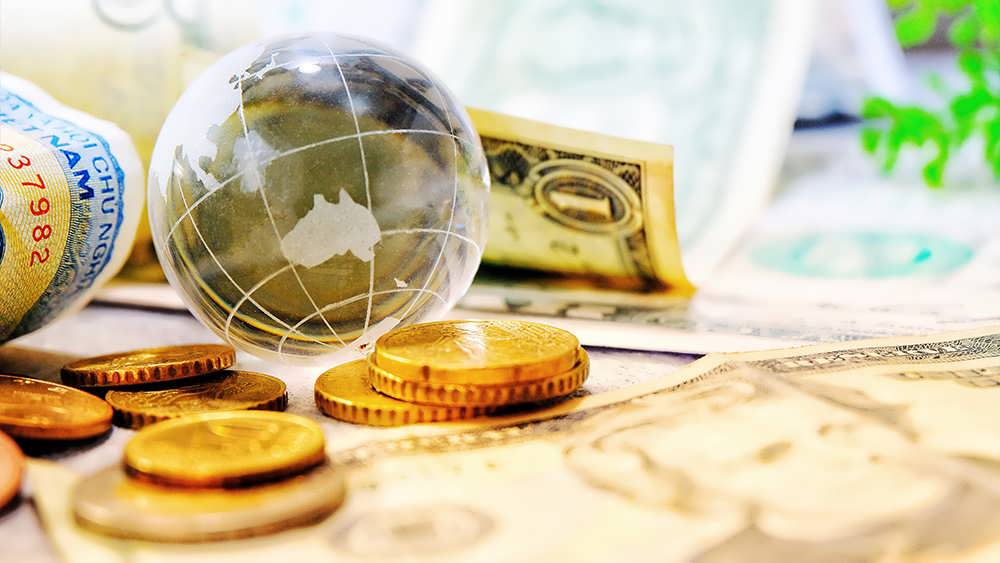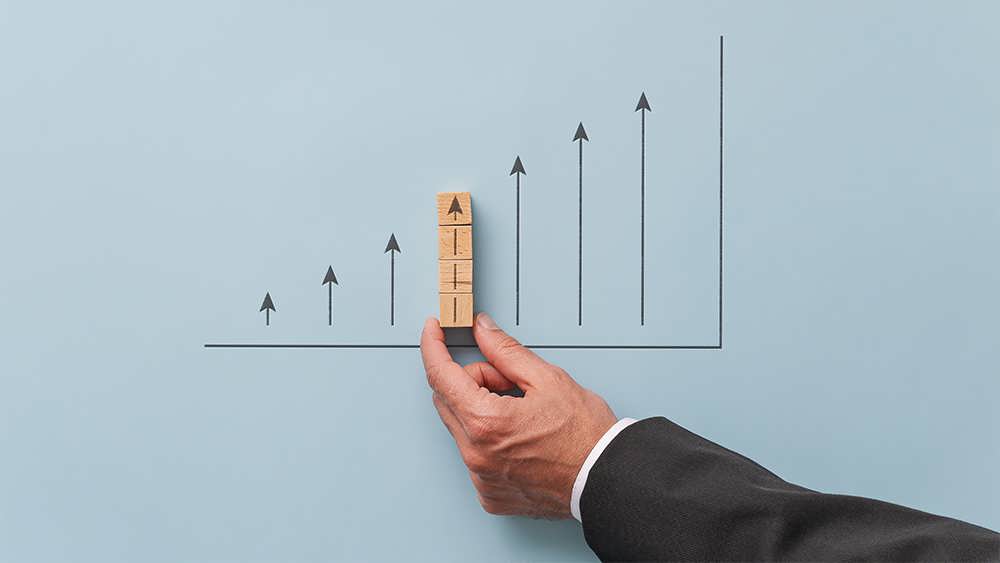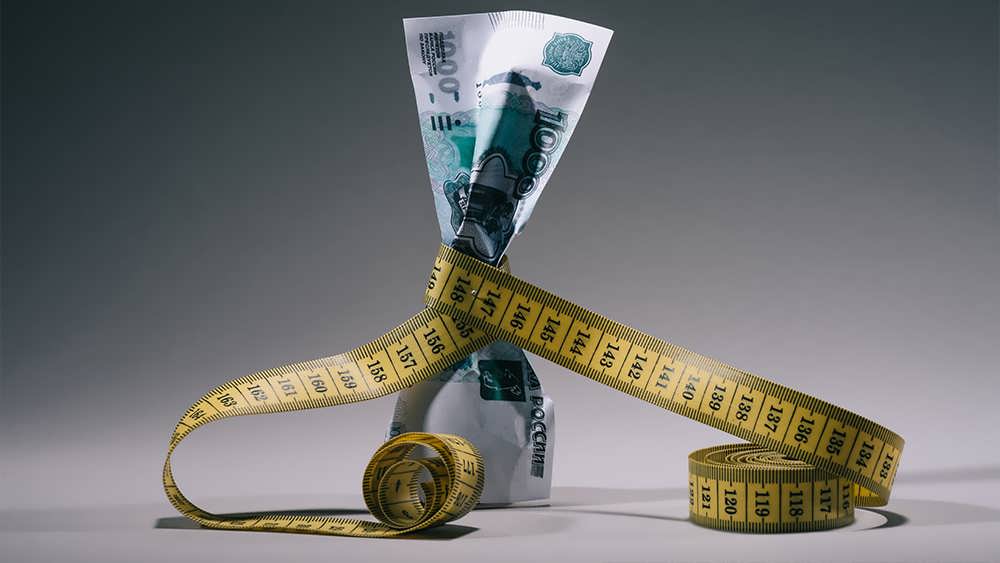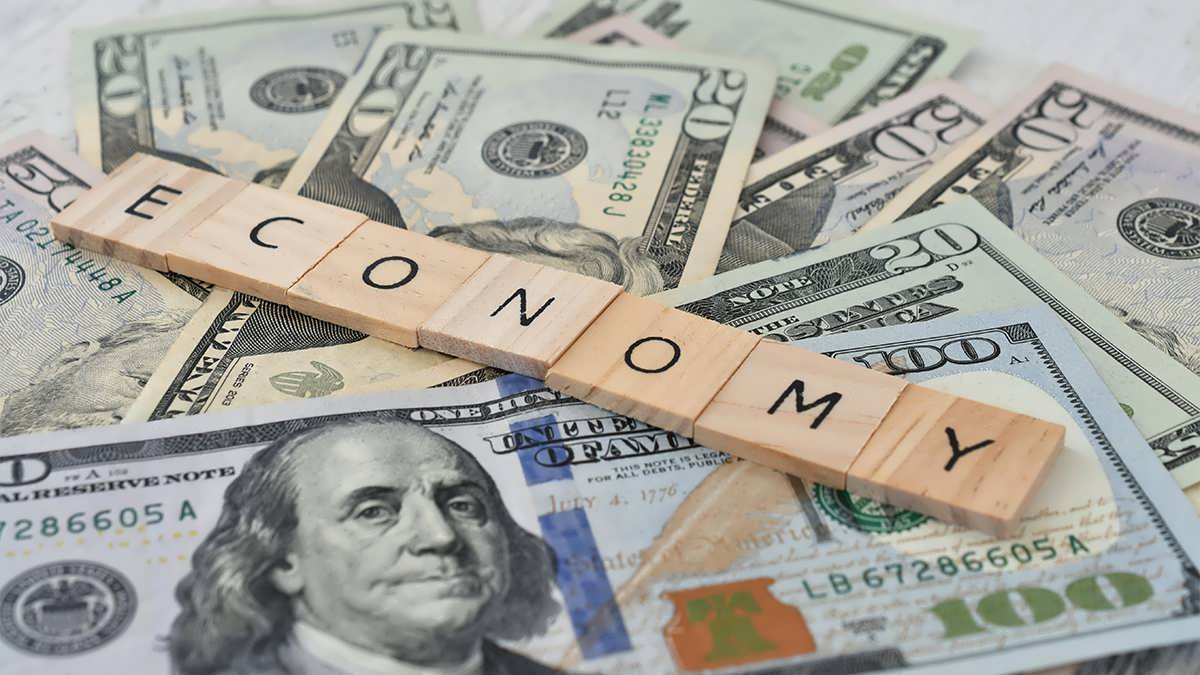The study of scarcity is known as economics. This is due to the shortage of resources such as employees, land, and raw materials. Fundamentally, we’re always demanding more resources, so, according to textbook definitions, economics is a system for allocating limited resources. The way a society’s economic system is structured is primarily a political and social problem. The political and legal framework of an organization determines how money is generated dispersed and how competition between various economic actors is permitted. In other words, the economy is the management of financial matters for a community.

Crytal globe and economy
How do you know if an economy is doing good?
Nominal GDP (Gross Domestic Products) is one of the primary measures used to determine the size and strength of a country’s economy. According to the Glossary of Economics, GDP is defined as the market worth of all commodities and services produced by the labor and assets of a territory, which is generally a country. However, GDP does not measure the well-being of essential components such as health care and the education system. There are other factors such as the Human Development Index (HDI) and Genuine Progress Indicator (GPI) to measure the strength and size of an economy as well.

Business economy growth
What are the impacts of an economy?
The economy is all around us, and we all have a part in it. So, any change in economics will affect our daily lives; there are a number of ramifications to consider when an economy changes. We’ve highlighted a couple of them below:
- Living cost: The cost of living is inextricably linked to the state of the economy which indicates the amount of money required to meet essential expenses such as food and shelter. The value of a currency drops when the price of goods and services rises.
- Employment rates: The employment rate is associated with a growing economy. As the demand for products, services, and resources grows, more people are required to supply them, and more jobs are generated. When demand is low, fewer jobs are available; conversely, when demand is high, more jobs are accessible.
- Government expenditures: A country’s economic performance will influence government policies and spending. The government’s financial flow has increased as firms generate more money and pay more taxes, allowing them to invest in infrastructure and services.
- Living quality: More resources are available to spend on sectors such as education and health care as a country’s economy expands. Furthermore, it implies that more employment is accessible, and people’s general well-being is increased in that economy.

Measuring impacts of the economy with meters
What is macroeconomics?
Macroeconomics is the study of how the economy as a whole functions variate. Questions such as “why are so many people underemployed?” are some of the key questions that economists are attempting to address. A full grasp of macroeconomics has a tremendous impact on leadership abilities, decision-making, and the ability to prepare for a prosperous social future for everyone, from politicians to educators and journalists. Entrepreneurs study macroeconomics before deciding to initialize a startup project. Entrepreneurs stimulate the economy by introducing new technology, goods, and services and research macroeconomics to help existing businesses become more competitive. if you enjoyed this text I suggest reading Fast Economy Article.


